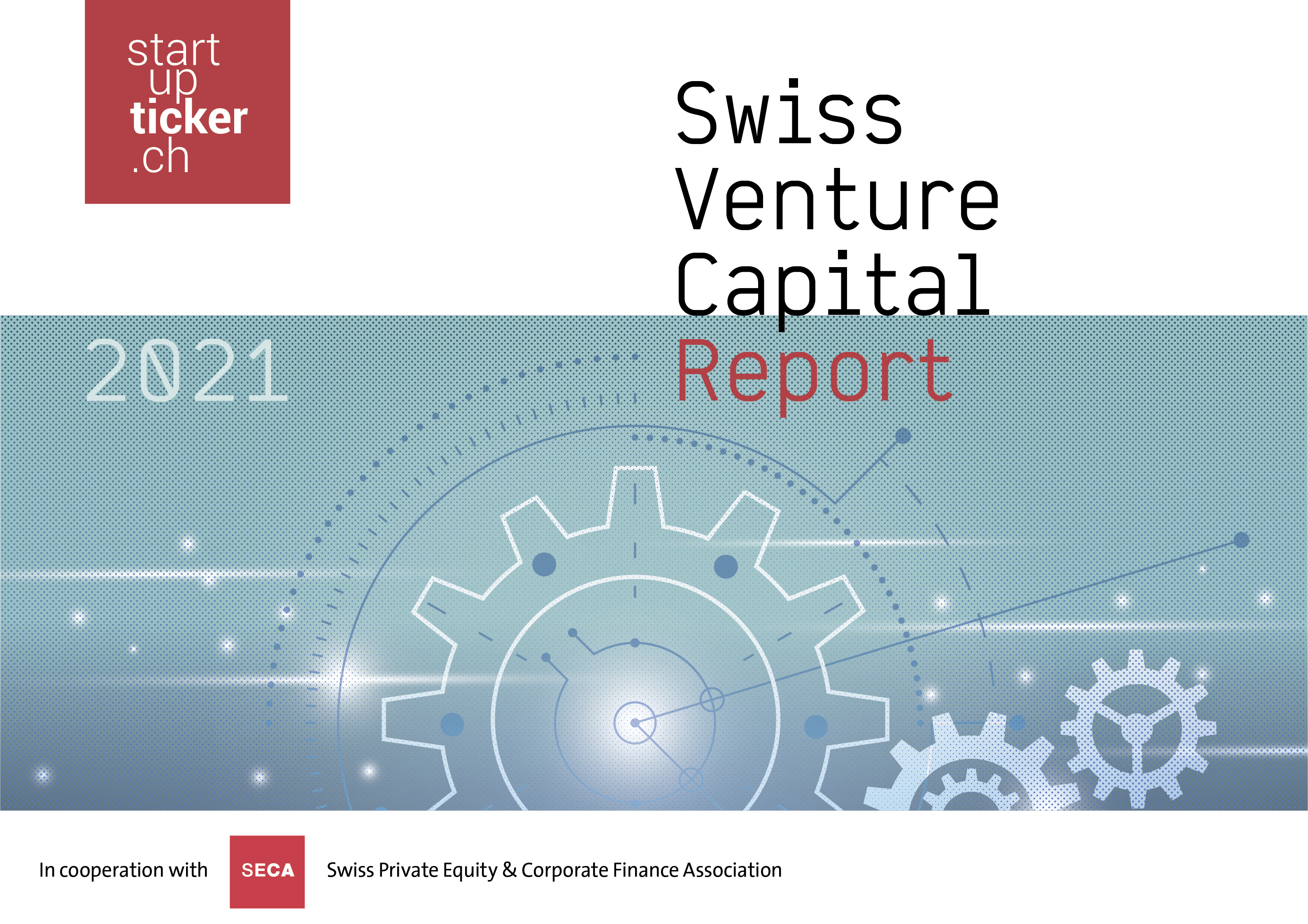
Six startups developing solutions for a wide range of applications have been selected to join the 17th batch of the Swiss space incubator, ESA BIC Switzerland. The companies will receive financial, technical and business support to advance their solutions.
ESA BIC Switzerland supports Swiss startups exploiting space technologies for earth-based applications or adapting terrestrial technologies for space use. Selected startups receive technical assistance from industry and research partners, business support, and access to a wide network. Additionally, each startup is awarded financial aid amounting to EUR 200,000 over 24 months to facilitate their development and growth.
The following startups were selected during the jury session in November and are now ready to embark on the program.
PEROVSKIA SOLAR AG
The Lausanne-based startup developed a novel chemistry and digital printing technology to fabricate design-free perovskite solar cells. Their customizable printed, high-efficiency solar cells are applicable in wearables, consumer electronics, IoT devices, and sensors capable of operating in low-light conditions and sunlight. Founded in 2021 as a spinoff from the Swiss Federal Laboratories for Materials Science and Technology (Empa), the company last year welcomed some of its first customers from the IoT space.
Resmonics
The Resmonics team has been developing its proprietary technology since 2016 followed by incorporation in 2020. The company is reimagining the way lung diseases are monitored, assessed and treated by providing objective, clinically meaningful, and real-time information to patients and medical professionals. Their AI-powered software uses microphones in smart devices to detect and analyze lung symptoms and estimate the risk of contracting a lung infection in rooms including hospitals, homes and offices.
mimic Robotics
is developing scalable AI models for universal robotic manipulation, enabling robots to reason and understand the physical world. Their dexterous, human-like robotic hands, currently under development, fit seamlessly into existing manual labour workflows. Powered by generative AI models trained directly from human demonstrations, the robot will be able to understand and imitate any behavior, simply by watching a human perform it.
PAVE Space SA
Co-founded by Julie Böhning (CEO) and Jérémy Marciacq (CTO), and supported by a team of eight employees, PAVE Space emerged from the success of Gruyère Space Program after five years. The company was incorporated in 2024, and is developing autonomous spacecrafts for a transparent, sustainable, and operational space. Their core offerings include satellite inspection missions that enable precise tracking and monitoring of spacecraft, helping to prevent potential collisions and assess the condition of satellites in orbit. By offering sophisticated space surveillance and tracking solutions, PAVE Space aims to support the growing commercial and scientific space sectors with cutting-edge technological capabilities.
2HS AG – accelerate graphene technology evolution
Founded in 2023 by Kishan Thodkar and Patrick Kempf, 2HS AG, also refered to as One-graphene, is specializing in CVD (Chemical Vapor Deposition) graphene films for research, innovation, and applications. They offer single-crystalline CVD graphene films and transfer services, focusing on providing high-quality materials for scientific pursuits and technological advancements. The developed their expertise in CVD graphene over a decade.
Aerospec
The startup developed technology that measures the chemical composition of air pollution - providing a detailed analysis of its source, its makeup, and potential health effects. By providing comprehensive and actionable data that empowers research labs and environmental agencies to improve air quality and global health, Aerospec addresses a major aerosol pollution problem that is responsible for 4.2 million premature deaths annually worldwide. Their patented and automated Aerosol InfraRed (AIR) Monitor can identify and quantify aerosol pollution as well as analyze its chemical composition and source signatures. It is the first-ever instrument enabling near-real-time infra-red spectroscopy of particulate matter, using a novel collector design. This is done automatically, thereby, reducing the cost and increasing the speed of the analysis.
The next deadline expires on 28 February.
(RAN)


 The new Swiss Venture Capital Report was published on 26 January. It analyses 304 financing rounds closed in 2020 and includes further article such as an interview with Michael Hengartner, President of the ETH Board, and a list of Swiss "soonicorns".
The new Swiss Venture Capital Report was published on 26 January. It analyses 304 financing rounds closed in 2020 and includes further article such as an interview with Michael Hengartner, President of the ETH Board, and a list of Swiss "soonicorns". 




















































Please login or sign up to comment.
Commenting guidelines